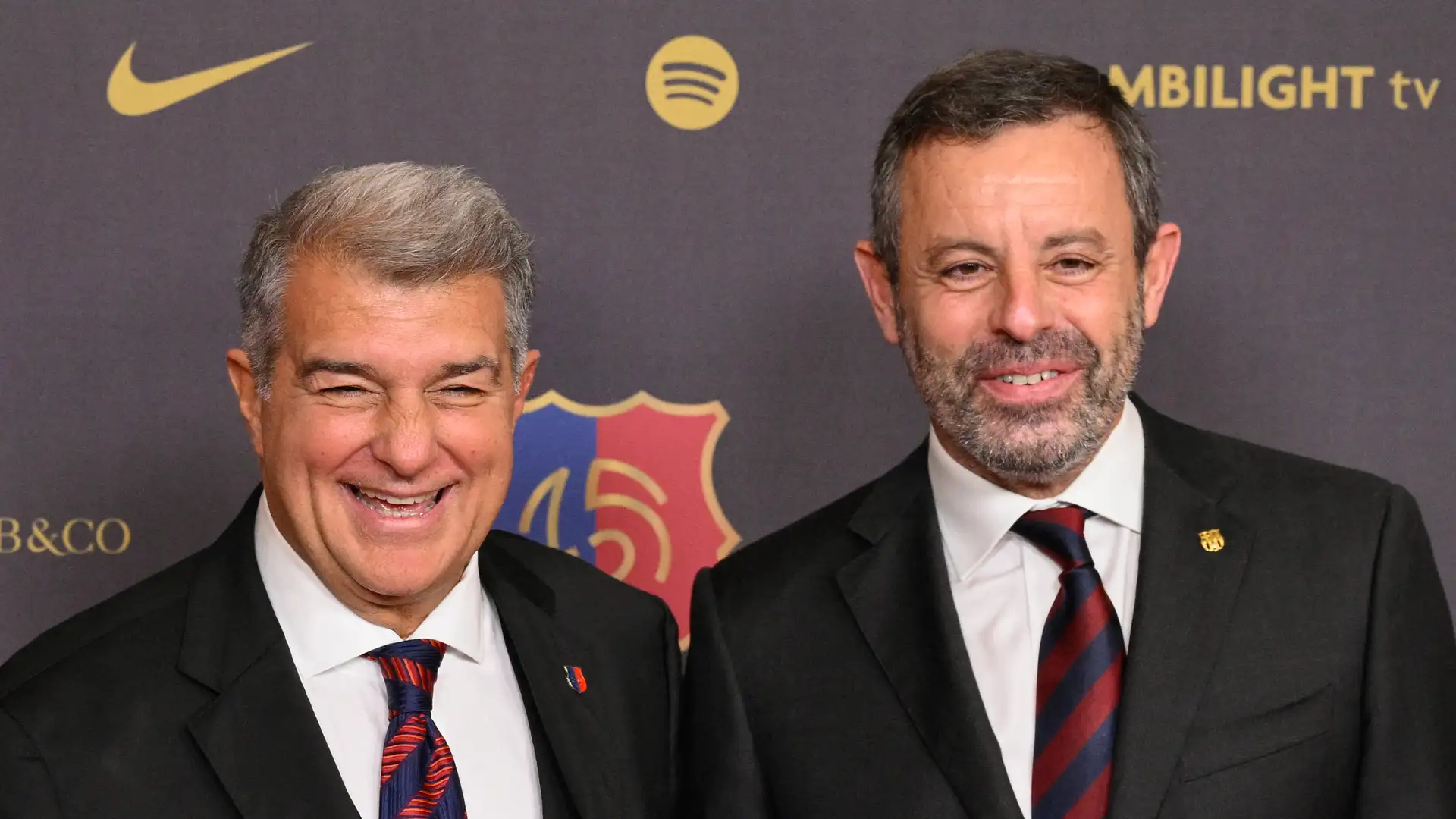
Ex-Barcelona President Fumes at Corruption Claims Over Negreira Case and Argues Refereeing Chiefs Were ‘Absolutely Fans of Real Madrid’
Sandro Rosell’s Defence in the Negreira Case
The Negreira case has become one of the most controversial sagas in Spanish football history. With over €7 million in payments under investigation and questions swirling about the integrity of refereeing in La Liga, Barcelona’s former president Sandro Rosell has found himself in the eye of the storm.
This week, Rosell pushed back hard against accusations that Barcelona bought influence. Appearing before the judge, he delivered a fiery defence, insisting that the payments made to José María Enríquez Negreira, the former vice-president of the Technical Committee of Referees (CTA), had “zero weight” on sporting outcomes.
According to Rosell, the notion that Negreira could manipulate results in Barcelona’s favour was absurd: “He had no power. None. The only influential figure has always been the CTA president, and historically, that person has been an absolute fan of Real Madrid.”
Rosell Challenges Critics: “Let’s Watch the Matches”
Rosell didn’t just deny the accusations—he went on the offensive. “Yes, it’s very easy,” he said in testimony later broadcast by Cadena SER. “Let’s watch all the matches and have five referee experts come and tell us in which match the referee helped us. Let them come. Here the evidence is in favour of the accused, not the prosecution. It’s the other way around.”
That kind of language resonated with Barcelona’s fanbase, many of whom see the case not as a corruption scandal but as a political witch hunt aimed at tarnishing the club’s image. Rosell’s confidence suggests that he believes a thorough review of games between 2001 and 2018—the period in which the payments took place—would reveal little in terms of bias benefiting Barça.
Bartomeu and Rosell: Payments Were for Reports, Not Influence
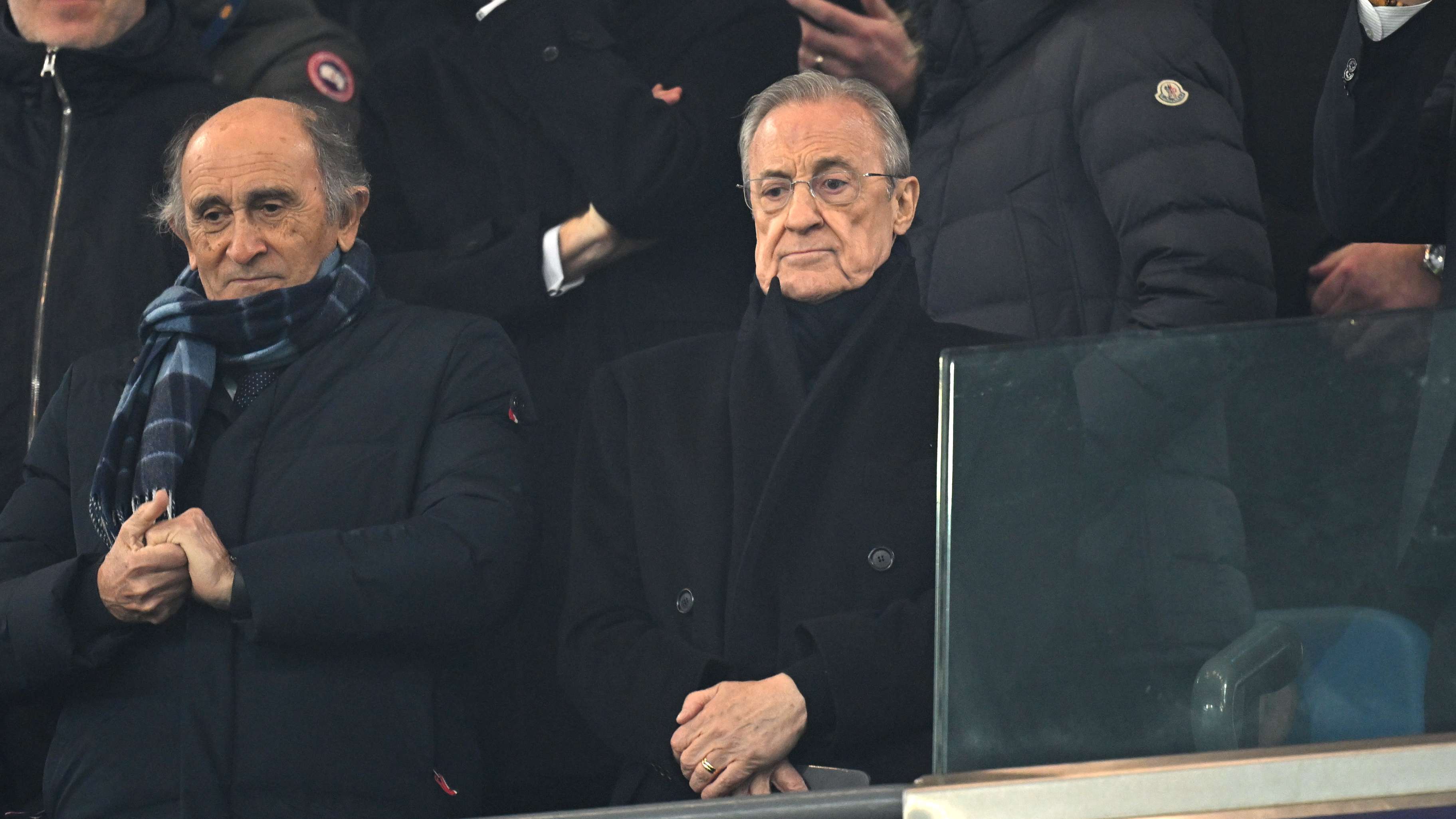
Manchester City v Real Madrid C.F. – UEFA Champions League 2024/25 League Knockout Play-off First Leg
Rosell wasn’t alone in defending the club. His successor, Josep Bartomeu, has also argued that the payments to Negreira’s company between 2013 and 2018 were for advisory services—scouting reports, referee analysis, and technical consultation.
The explanation is straightforward: Negreira and his son provided written reports and video analyses of referees, detailing tendencies, decision-making patterns, and psychological cues. According to Bartomeu and Rosell, this was information designed to prepare the team, not bribe officials.
The court also heard that Negreira’s departure from the Federation was unrelated to his son’s employment at Barcelona, further distancing the payments from any allegation of corruption.
Madrid Escalates Complaints to FIFA
But while Barcelona defends itself in court, Real Madrid has taken the fight global. The club recently escalated its complaints about refereeing inconsistencies to FIFA, citing examples like Arda Güler’s disallowed goal, Kylian Mbappé’s marginal offsides, and Dean Huijsen’s red card against Real Sociedad.
Florentino Pérez, Madrid’s president, insists that international oversight is necessary because domestic refereeing lacks credibility. “The scandal continues to cast a shadow over Spanish football,” Pérez has argued, highlighting that many current referees came through the system during Negreira’s tenure.
Madrid’s move has divided opinion. Some fans see it as a necessary step toward transparency, while others—particularly in Catalonia—view it as yet another example of Madrid using its power to tilt the conversation in its favour.
Rosell Critiques Madrid’s Actions
Rosell was unsurprisingly scathing about Madrid’s strategy. “A gentleman’s club should have accepted this and not dragged it out for life as they are trying to do to cover up other things,” he said, referencing Madrid’s decision to go to FIFA after only four league matches this season.
His words carried a pointed undertone: while Madrid claim they are defending fairness, Rosell suggested they are deflecting from on-pitch issues by leaning on refereeing complaints.
And he didn’t stop there. “Sometimes you don’t win. Sometimes you lose, and you have to accept that,” he said, almost taunting Madrid. “Let’s all sit down and watch the games again. Maybe some people here wouldn’t like to watch it again. I’m sorry. But sometimes you lose. And that’s football.”
The Bigger Picture: Spanish Football on Trial
What makes the Negreira case so damaging isn’t just the allegations—it’s the perception. Even if no match-fixing is proven, the fact that Barcelona paid millions to a refereeing official’s company for nearly two decades creates an unavoidable cloud.
Rosell insists the payments were legitimate consultancy fees. Madrid counters that even the optics of such a relationship compromise the credibility of Spanish football. The truth may lie in the details, but the damage to the reputation of La Liga has already been done.
Could There Be an Official Review of the Referee Committee?
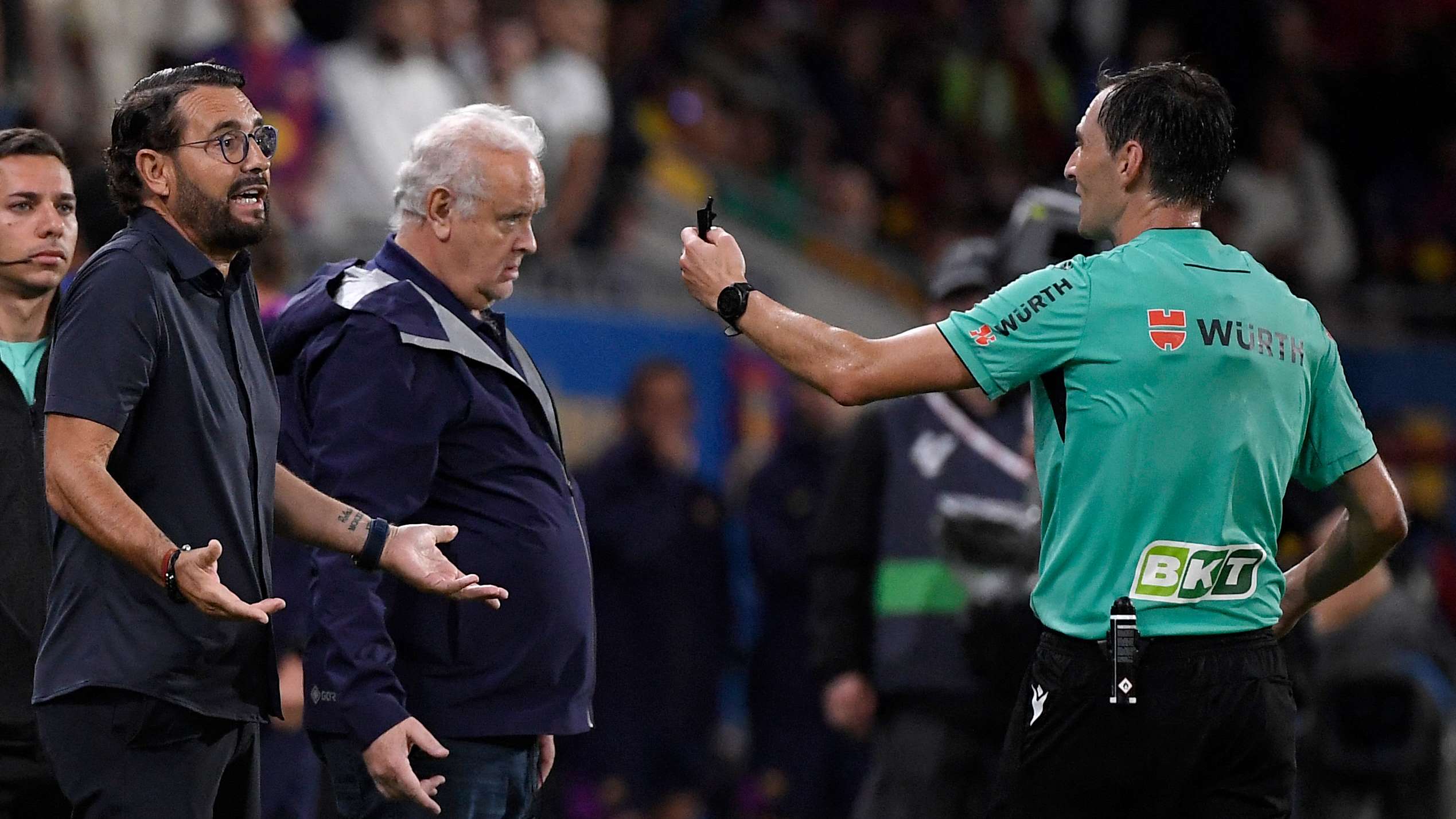
FBL-ESP-LIGA-BARCELONA-GETAFE
One possible outcome is an independent review of the CTA, the refereeing body at the centre of the storm. FIFA has the authority to step in, and with Madrid pushing for international scrutiny, the possibility is real.
Such a review could examine not just the Negreira years but the broader governance of refereeing in Spain. Transparency, accountability, and modern oversight mechanisms could emerge, but only if Spanish football embraces reform rather than defensiveness.
For now, though, the focus remains squarely on the courts. If Rosell and Bartomeu are cleared, Barcelona will breathe easier. If not, the consequences could be severe, both financially and reputationally.
Real Madrid vs Barcelona: A Familiar Rivalry, New Battleground
At its core, this is another chapter in the eternal rivalry between Spain’s two giants. For decades, Barcelona and Madrid have clashed not just on the pitch but in boardrooms, courtrooms, and media narratives.
To Madrid, the Negreira case is evidence of systemic corruption. To Barcelona, it’s a smear campaign. The truth is that both clubs are playing the game off the pitch as fiercely as they do on it.
Conclusion: Integrity, Influence, and the Future of Spanish Football
The Negreira case is far from over. Court rulings, FIFA interventions, and media revelations will shape its outcome in the months and years ahead. But one thing is certain: Spanish football is facing a pivotal moment.
Will the sport emerge with greater transparency and stronger institutions? Or will it remain mired in accusations, counter-accusations, and mistrust?
For now, Sandro Rosell fumes at corruption claims, pointing the finger at refereeing chiefs he says were always “absolutely fans of Real Madrid.” Meanwhile, Madrid doubles down on its complaints, pushing for international scrutiny.
It’s a clash of narratives, a battle of legacies, and perhaps the most consequential off-field fight in Spanish football’s modern history.





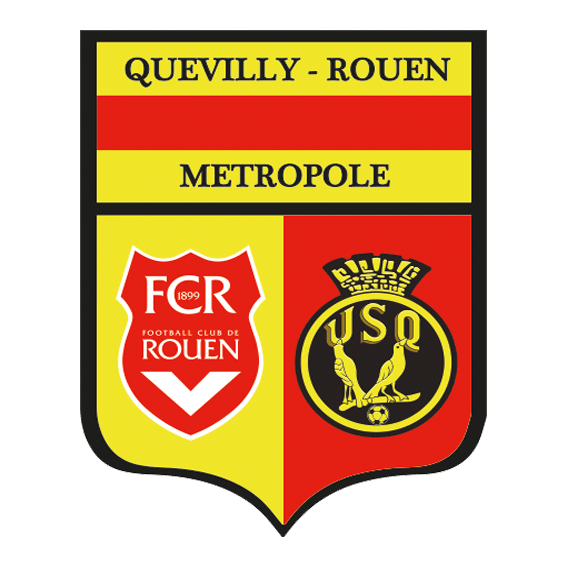


















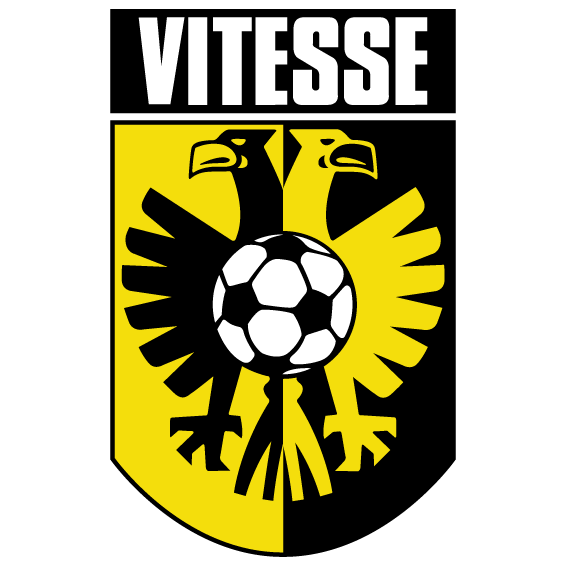
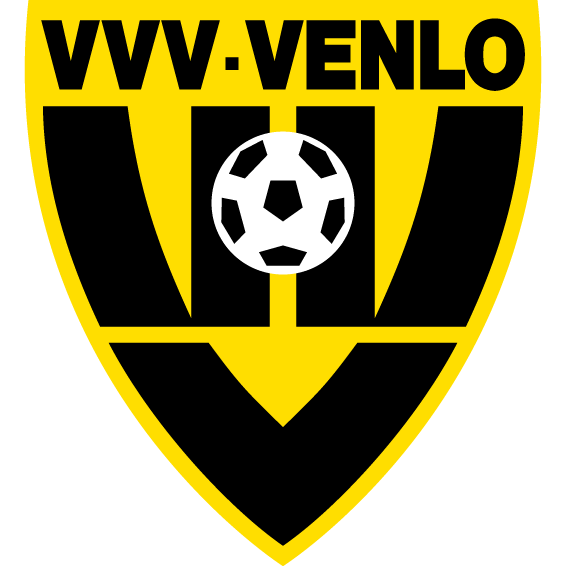











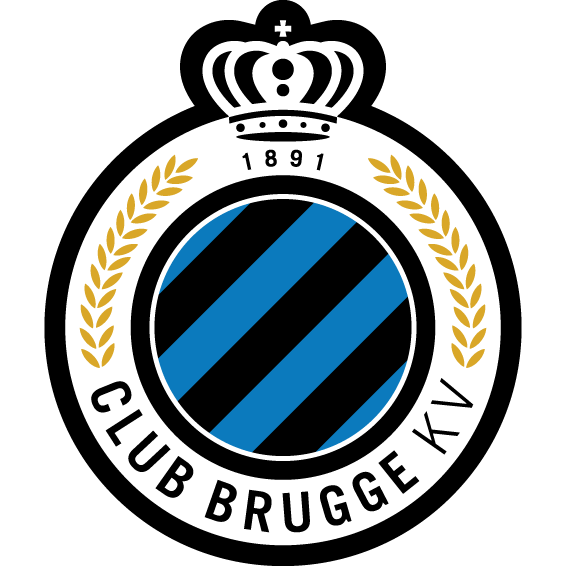


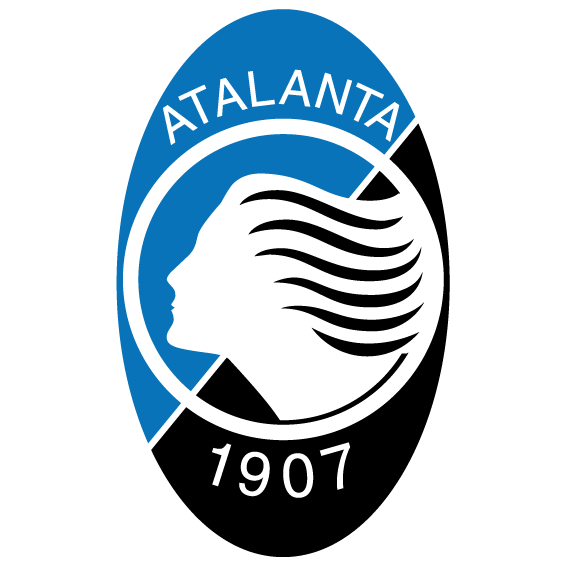
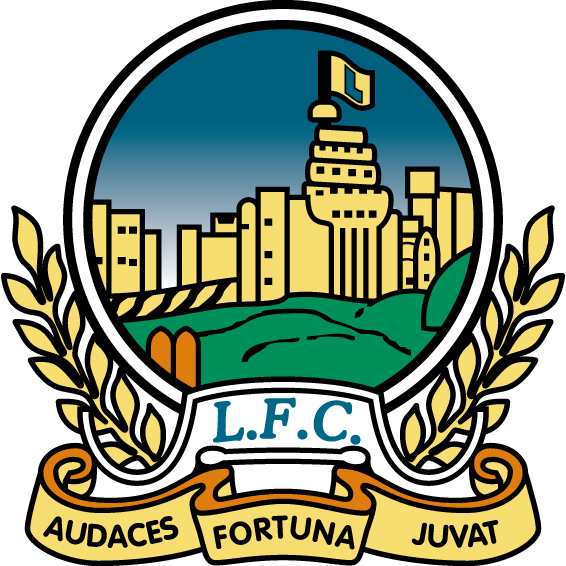



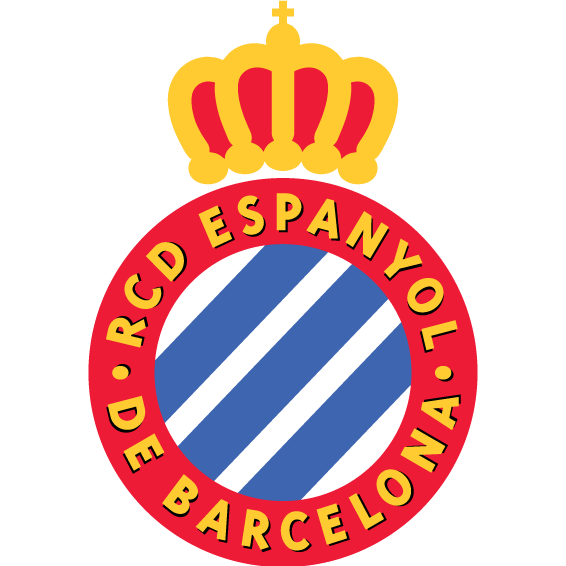
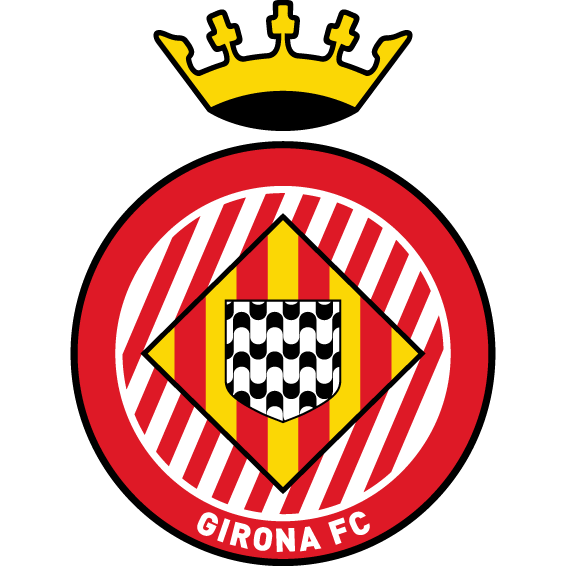







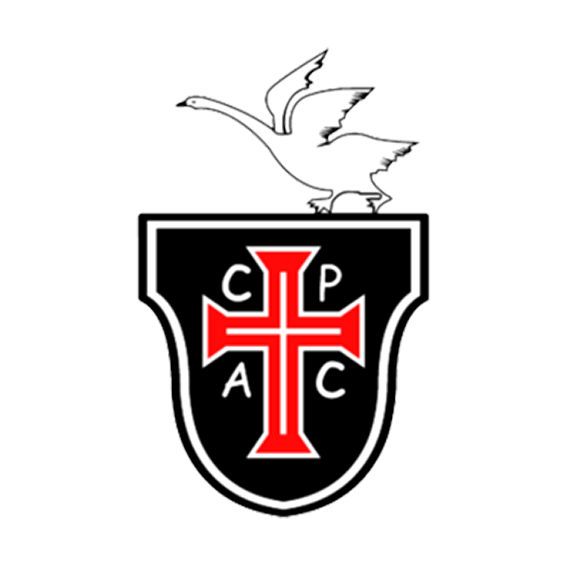


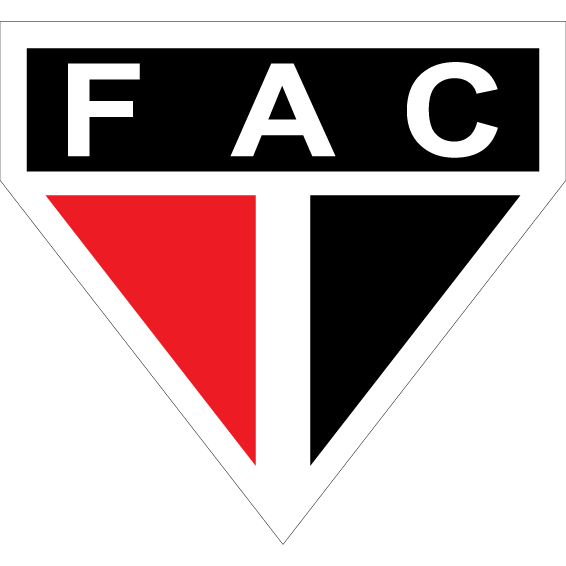
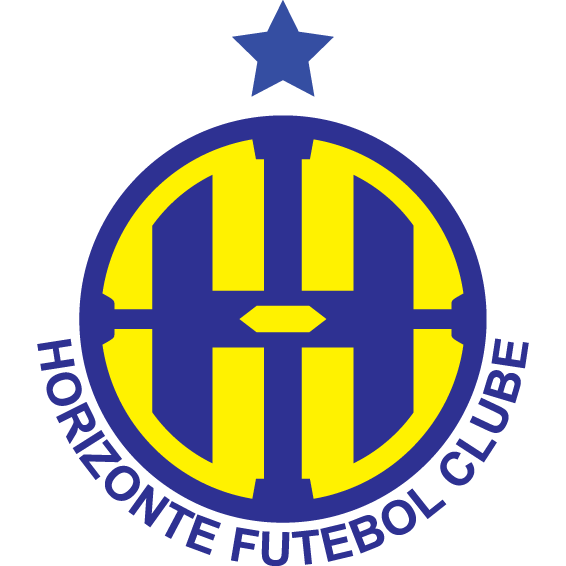


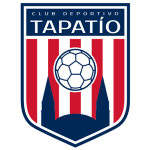
























There are no comments yet. Be the first to comment!